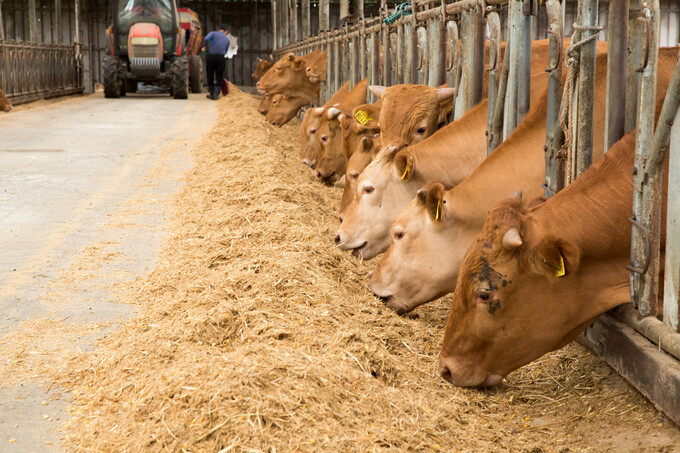
Beijing – China is actively forging new trade partnerships with Australia and India to secure alternative sources for crucial livestock feed ingredients, rapeseed and rapeseed meal, signaling a strategic shift away from traditional reliance on Canadian imports. This move comes in the wake of escalating trade tensions between Beijing and Ottawa, which have severely disrupted established agricultural supply chains.
The need for diversification arose after China implemented steep retaliatory tariffs on Canadian agricultural products in March, including a hefty 100% levy on rapeseed and rapeseed meal, key components in animal feed formulations. This punitive action was a direct response to Canada's decision in October of the previous year to impose significant tariffs on Chinese electric vehicles (100%) and steel and aluminum products (25%). Beijing also initiated an anti-dumping investigation into Canadian rapeseed imports in September, further compounding the trade friction.
Canada has been a significant supplier of these commodities to China. In the past year alone, China imported approximately 2 million tons of rapeseed meal, valued at $780 million, and rapeseed worth a substantial $3.3 billion from Canada. The disruption to this established trade flow necessitates a swift and effective search for alternative suppliers to ensure the stability of China's livestock and aquaculture industries.
Australia has emerged as a promising alternative source for rapeseed. Negotiations between Chinese and Australian trade entities are reportedly in advanced stages, with both sides eager to finalize agreements. While past issues related to quality and periods of diplomatic strain had previously hindered Australian rapeseed imports, the recent thaw in bilateral relations has paved the way for a potential resumption of trade. Industry insiders suggest that traders in both nations are currently awaiting the final green light from their respective governments to commence shipments.
Simultaneously, China is exploring India as a viable source for rapeseed meal. Pilot shipments from India are anticipated this month, marking a significant step in evaluating the quality and suitability of Indian supplies. India holds the position of the world's second-largest exporter of rapeseed meal; however, it has historically faced skepticism from Chinese agricultural stakeholders due to concerns about inconsistent quality and lower protein content compared to North American supplies. The Indian government and industry are actively working to address these concerns and have been urging China to relax its stringent quality standards to facilitate increased exports.
B.V. Mehta, the Executive Director of the Solvent Extractors' Association of India (SEA), expressed optimism about the potential for increased trade, stating that if China eases its quality benchmarks, India could potentially export up to 500,000 tons of rapeseed meal annually. Currently, only a limited number of Indian companies (three) have the authorization to export this commodity to China.
Beyond supply availability, price competitiveness also favors Indian rapeseed meal. According to data from the SEA, the price of rapeseed meal at Kandla Port in India stands at approximately $202 per ton, significantly lower than the $332 per ton quoted at the port of Hamburg in the European Union, a major trading hub. This price differential could make Indian rapeseed meal an economically attractive option for Chinese importers.
Analysts suggest that China's proactive diversification of its import sources for livestock feed extends beyond its immediate trade dispute with Canada. It is increasingly viewed as a strategic move to bolster supply chain resilience amidst the ongoing and protracted trade tensions with the United States. The specter of prolonged disruptions to essential agricultural imports has prompted Beijing to adopt a more comprehensive approach to securing its supply lines from multiple geographies.
The potential ramifications of disruptions in feed ingredient imports are significant for China's agricultural sector. A reliable supply of high-quality feed is crucial for maintaining the productivity and profitability of the country's vast livestock and aquaculture industries. Any significant shortfall or price volatility in feed inputs could lead to increased production costs, potentially impacting food prices and overall economic stability. Consequently, the Chinese government faces mounting pressure to swiftly and effectively secure alternative supply chains to mitigate these risks.
The unfolding situation underscores the intricate and often volatile nature of global trade relationships. Geopolitical tensions can have significant and cascading effects on agricultural markets and supply chains, necessitating proactive risk management and diversification strategies by major importing nations like China. The outcome of China's negotiations with Australia and India will be closely watched by agricultural producers and traders worldwide, as it will not only reshape the landscape of rapeseed and rapeseed meal trade but also provide insights into China's broader strategy for ensuring food security in an increasingly complex global environment.
[Copyright (c) Global Economic Times. All Rights Reserved.]



























